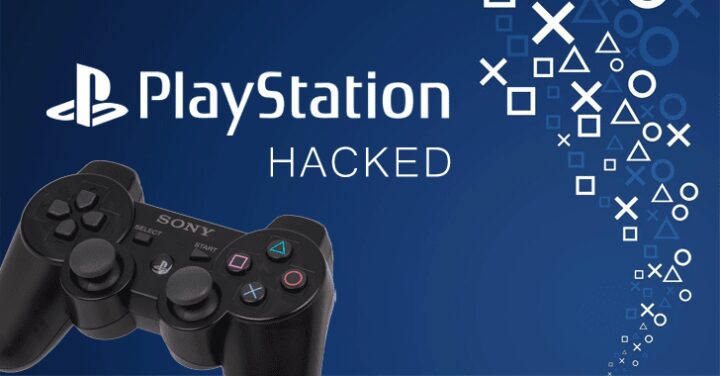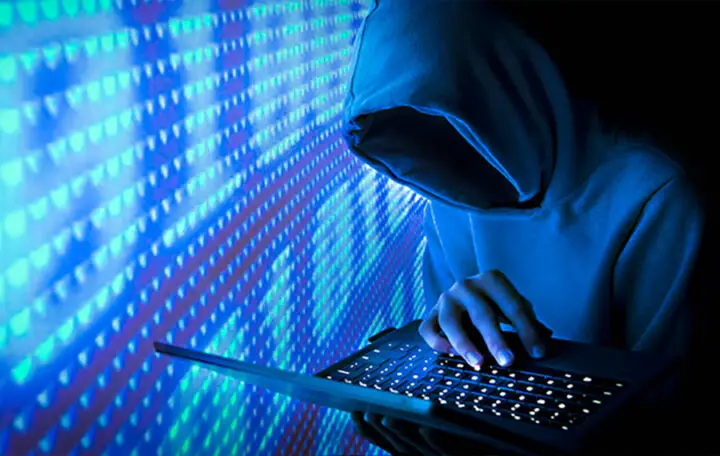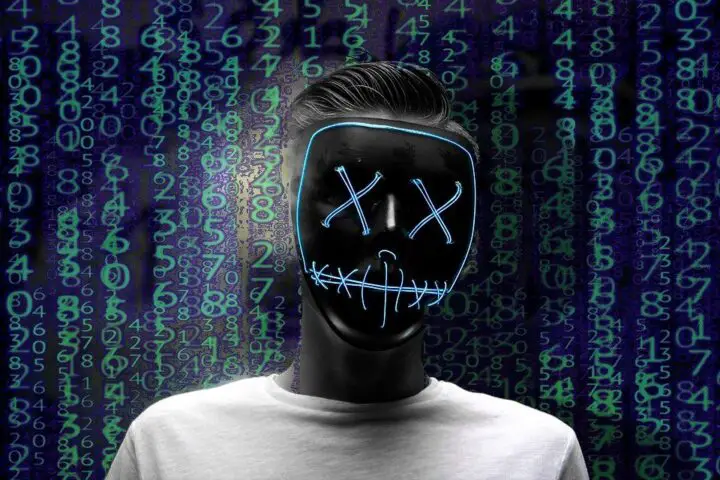Online Gaming Cybercrime

While playing video games, most gamers don’t expect cybercrimes and usually do not think about cybersecurity. For many, it’s a chance to escape reality by endorsing oneself in a fictional reality and living the role of their favorite player.
The issue is that cyber thieves have a different perspective on games. They see it as a great chance and possibility to take advantage of unsuspecting gamers.
There is a history of hackers targeting gaming companies and gamers. One of the biggest incidents in history is the Great PSN Hack.
The Great PSN Hack

The Great Sony PlayStation network hack occurred on the 17th of April 2011. When people woke up, neither gamers nor the Sony staff were able to access their accounts and systems.
Before the attack, the American hacker George Hotz had found a loophole, a vulnerability, in the system. This dicscovery helped him hack and pirate games. When Sony found out about it, they took legal action against him.
As a payback, and to ‘avenge’ their fellow hacker, the infamous hacktivist movement Anonymous struck back. Anonymous attacked Sony’s network with a chain of distributed denial of service attacks.
Cloudflare defines a distributed denial-of-service (DDoS) attack as a “malicious attempt to disrupt the normal traffic of a targeted server, service or network by overwhelming the target or its surrounding infrastructure with a flood of Internet traffic.”
Sony received a message from Anonymous along with the attack. The threatening message read: “Congratulations, Sony. You have now received the undivided attention of Anonymous. Your recent legal action against our fellow hackers, Geohot and Graf_Chokolo, has not only alarmed us, but it has also been deemed wholly unforgivable.”
Anonymous then realized that their attack would affect Sony in the way they’d wanted, but would be catastrophic for its users, which is something they didn’t think fair for the gamers. And so, two days later, Anonymous halted the attack.
But that was not the end of it. On the 19th of April, the same day, another attack had occurred. And consequently, Sony was forced to shut down its network on the 20th.
It was a shock to everyone, gamers and employees. No one knew the seriousness of the attack, and they thought it would end within hours. Later, Sony announced that it would take them up to 48 hours to fix the ransomware. And what no one would have ever guessed is that the attack would last for 23 days forcing everyone out of their accounts.
On the 26th of April, six days after Sony had shut down its network and system, they announced to the public that the personal details on 77 million accounts have been compromised.
The personal data that they mentions included names, email addresses, physical address, birthdates, PSN usernames and passwords, credit card information, PSN profile data, purchase histories, billing addresses, and security question answers. And there is no need to mention the dangers of the stealing, and possible leaking, of this information.
The attack on the PlayStation Network and the data breach had costed Sony more than $171 million. The aftermath of the attack was even more disastrous. Millions of users lost trust in Sony and many people decided to stop using PSN. Losing customers brought Sony even more losses.
Possible Threats While Gaming

The Australian Bureau of Statistics revealed that cyber fraud crimes commited by kids under 18 had grown by 26 percent in the previous two years and by 84 percent in the past three years.
An identity thief might use the gamer’s name, date of birth, address, email, telephone number, payment information, and other personal information in a typical gaming account to commit financial fraud. Some other common security risks to gamers are phishing, malware, in-game fraud, mobile malware, and data breaches.
How Can Gamers Protect Themselves From Cybercrime?

Serious gamers are proud of their abilities, and some spend thousands of dollars on custom-built game systems that give them a speed and power advantage over their gamer friends, but while they’re busy playing and gaining glory, hackers may be silently gathering their most sensitive information.
But before getting into precautions, let us just mention the signs through which you can know that your account has been hacked;
- If you notice any strange transactions on your credit card for purchases that you don’t recall making, chances are that someone had put their hands on your credit card information and is using it for their purchases.
- If you try to log into your account and get denied access, someone might have taken your login information and changed your password to lock you out of your account.
However, palying video games should only be about having fun and de-stressing. And so, gamers can leave all the stress of getting hacked aside and enjoy gaming; they can achieve this by installing and using a good Antivirus.
Cybersecurity experts at Several.com have prepared a rated and ranked list of the best Antivirus software for gaming on the market in 2024 (including extensive reviews and exhaustive analyses).
The best Antivirus will have a special gamer mode, which detects if you’re in full-screen mode and recognizes that most likely you are gaming. Gamer mode will operate silently in the background, consuming only little resources. It gives you alerts of potential risks and malwares; it will not give you alerts while playing unless it is essential, so you won’t have to worry about receiving annoying notifications while playing.
Choosing a Good Antivirus for Gaming

You have a lot of alternatives when it comes to finding the best Antivirus for gaming. There are both free and paid options, with different systems offering different features. Here’s a quick rundown of our best antivirus recommendations:
- Norton: This Antivirus is efficient, light, fast, and offers several advanced functionalities.
- Bitdefender: Features advanced virus protection alongside many other internet security features, all packaged in a user-friendly interface.
McAfee: Number of features to the Android and iOS apps. McAfee is a well-known antivirus, well recognized for its various protection features and additional add-ons, as well as its reasonable pricing.
